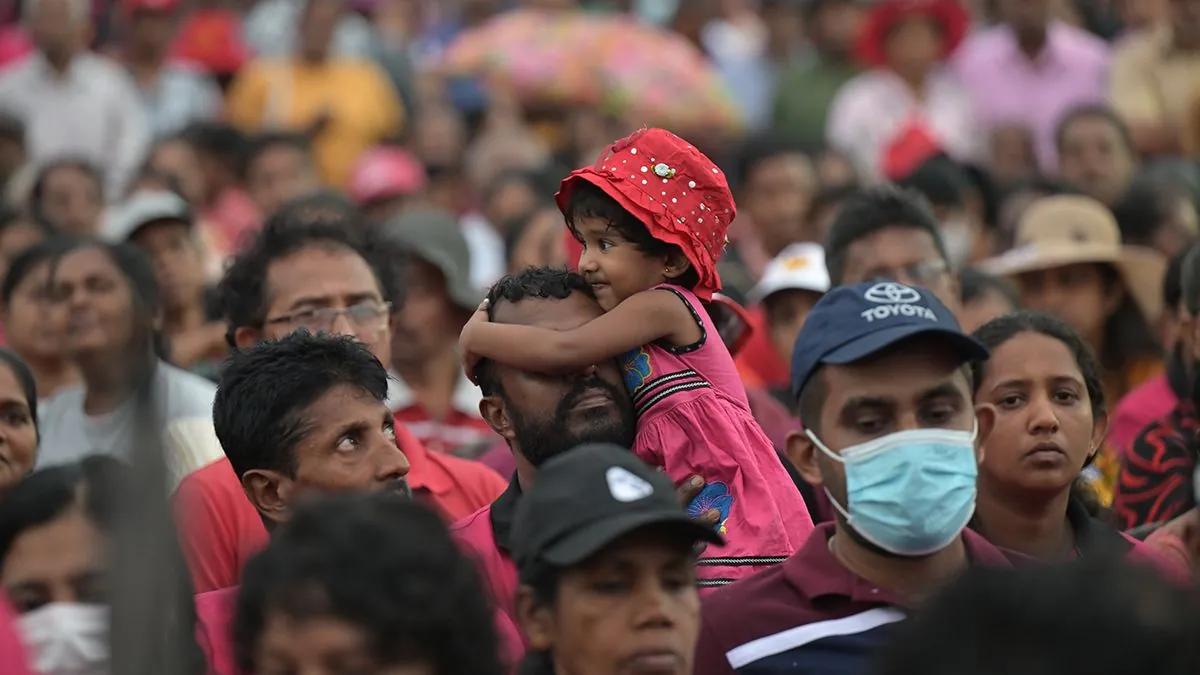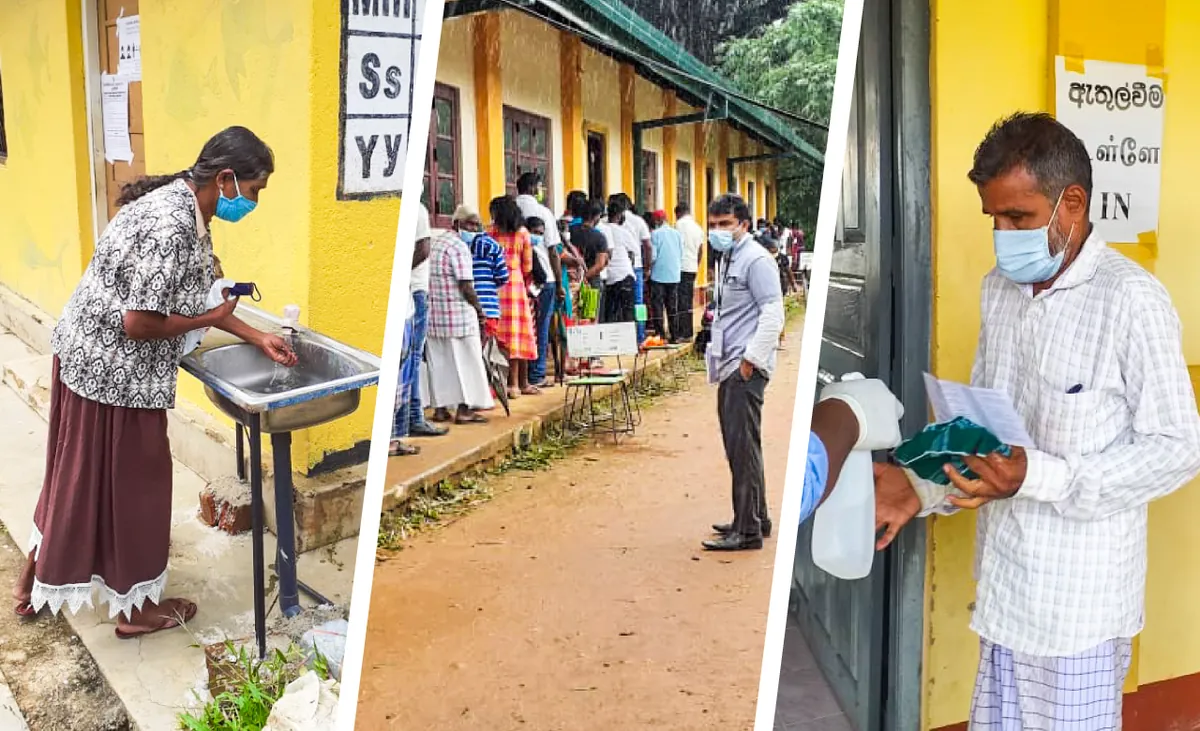Sri Lanka's Election: Aragalaya Movement Fuels Dissanayake's Rise
Sri Lanka prepares for a pivotal election as Anura Kumara Dissanayake leads polls, backed by the Aragalaya movement. Economic hardship drives voters to seek change, challenging traditional political dynamics.

As Sri Lanka approaches a crucial presidential election on September 21, 2024, the nation's political landscape reflects the lingering impact of the 'Aragalaya' uprising that occurred just over two years ago. This movement, which led to the ousting of former President Gotabaya Rajapaksa, has significantly influenced the current electoral dynamics.
Anura Kumara Dissanayake, popularly known as AKD, has emerged as a frontrunner in the race. Leading the National People's Power alliance, Dissanayake's Marxist-leaning platform has gained traction among voters seeking substantial change in the wake of the economic crisis that gripped the nation in 2022.
According to the Sri Lanka Opinion Tracker Survey conducted by the Institute for Health Policy (IHP), Dissanayake currently leads with 36% of voting preferences. He is followed by opposition leader Sajith Premadasa of the Samagi Jana Balawegaya (SJB) party at 32%, while incumbent President Ranil Wickremesinghe trails at 28%.

The economic turmoil that sparked the Aragalaya movement continues to shape voter sentiment. In 2022, Sri Lanka experienced a severe economic crash, with inflation soaring to 70%, power tariffs increasing by 65%, and the currency depreciating by 45%. While the country has shown signs of recovery under Wickremesinghe's leadership, including an expected 3% growth in 2024, many citizens still grapple with the aftermath of austerity measures.
Dhananath Fernando, an economist at the Colombo-based Advocata Institute, notes that voters are likely to prioritize issues related to the economic meltdown and corruption over traditional political affiliations. This shift in focus has bolstered Dissanayake's appeal, as he presents himself as a candidate capable of addressing these concerns.
"I don't think anybody thinks it's going to solve all issues but at least there should be leaders who are not insensitive to people."
Dissanayake's campaign has centered on promises to combat corruption and revive the economy. However, his proposed policies, including potential modifications to the IMF bailout program and tax reductions, have raised concerns among some economic analysts.
The election also features other candidates, such as lawyer-activist Nuwan Bopage, who advocates for leftist policies and a departure from the IMF program. While not considered a frontrunner, Bopage's candidacy reflects the diverse political landscape shaped by the Aragalaya movement.
As Sri Lanka, an island nation with a rich cultural heritage and biodiversity, prepares to cast its votes, the outcome of this election could mark a significant shift in the country's political trajectory. The winner will face the challenge of addressing the economic concerns of a population of approximately 22 million, while navigating complex international relationships and debt restructuring processes.
Regardless of the election result, the Aragalaya movement's influence on Sri Lankan politics is likely to persist, as citizens continue to demand accountability and effective governance in the face of ongoing economic challenges.


































